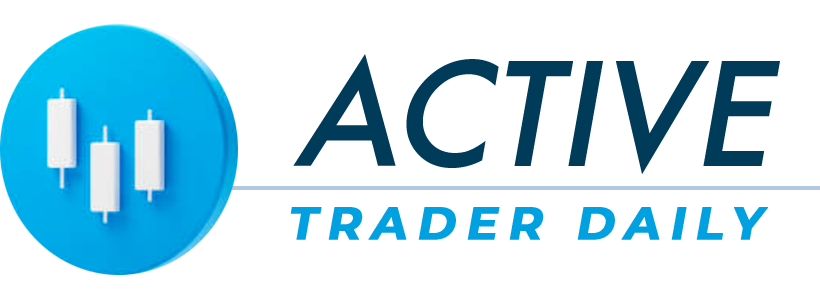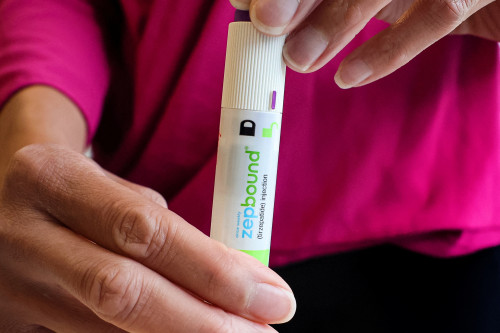By Bhanvi Satija
(Reuters) -The U.S. Food and Drug Administration on Friday approved Eli Lilly’s weight-loss treatment, Zepbound, for obstructive sleep apnea, making it the first drug greenlighted to directly treat patients with the common sleeping disorder.
The regulator approved the drug for moderate to severe obstructive sleep apnea in adults with obesity, the company said.
The approval opens up a wide market of patients for Lilly at a time when demand for Zepbound is already surging.
It could also strengthen Lilly’s case with commercial insurers and employers, who have previously hesitated to cover the drug due to its high cost.
Shares of the Indianapolis-based drugmaker were up 1.14% in after-market trading following the announcement.
Sleep apnea patients stop breathing briefly while sleeping, disturbing the sleep cycle and causing long-term complications such as heart conditions. The condition affects roughly one billion people globally.
“Too often, obstructive sleep apnea is brushed off as ‘just snoring’ – but it’s far more than that,” said Julie Flygare, CEO of non-profit organization Project Sleep.
Common treatments for the condition include CPAP machines, which involve wearing a mask over the face while sleeping, surgery, as well as losing weight.
Zepbound and Lilly’s widely used diabetes drug, Mounjaro, both chemically called tirzepatide, belong to a class of drugs called GLP-1 agonists.
Originally developed for type 2 diabetes, they also reduce food cravings and cause the stomach to empty more slowly.
U.S.-based Lilly and Danish rival Novo Nordisk are testing their blockbuster obesity drugs for a range of conditions as they race to show that they have other health benefits.
Regulators can expand approval for medicines if new data shows them to be effective in other therapeutic areas.
The FDA’s approval is based on data from two trials involving 469 participants, in which Zepbound helped ease breathing difficulties in patients with moderate to severe obstructive sleep apnea.
The drugmaker published the full data in June, showing the drug helped resolve the disorder in up to 52% of patients in these trials.
Trial data also showed that Zepbound lowered the so-called biomarkers of sleep apnea, including low blood oxygen and blood pressure, which can indicate heart disease.
Government-backed Medicare plans for adults aged 65 and older and those with disabilities are barred from covering weight-loss treatments, though the Biden administration has proposed to expand the coverage of anti-obesity drugs.
If President-elect Donald Trump’s incoming administration backs the move, the program would be effective from 2026.
Medicare only began covering Novo Nordisk’s Wegovy after it gained approval for reducing the risk of heart attacks and strokes in March.
(Reporting by Bhanvi Satija and Sriparna Roy in Bengaluru and Patrick Wingrove in New York; Editing by Shailesh Kuber and Shreya Biswas)













